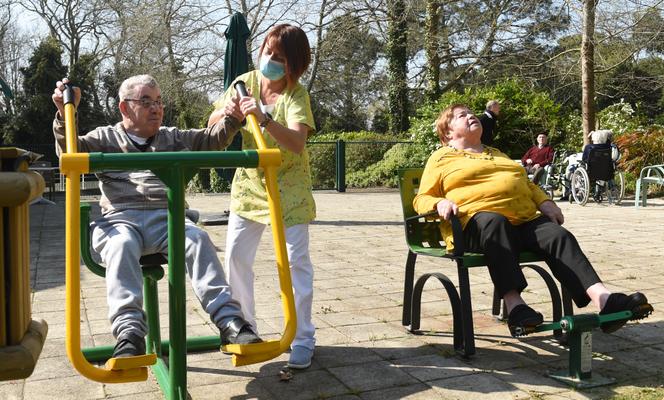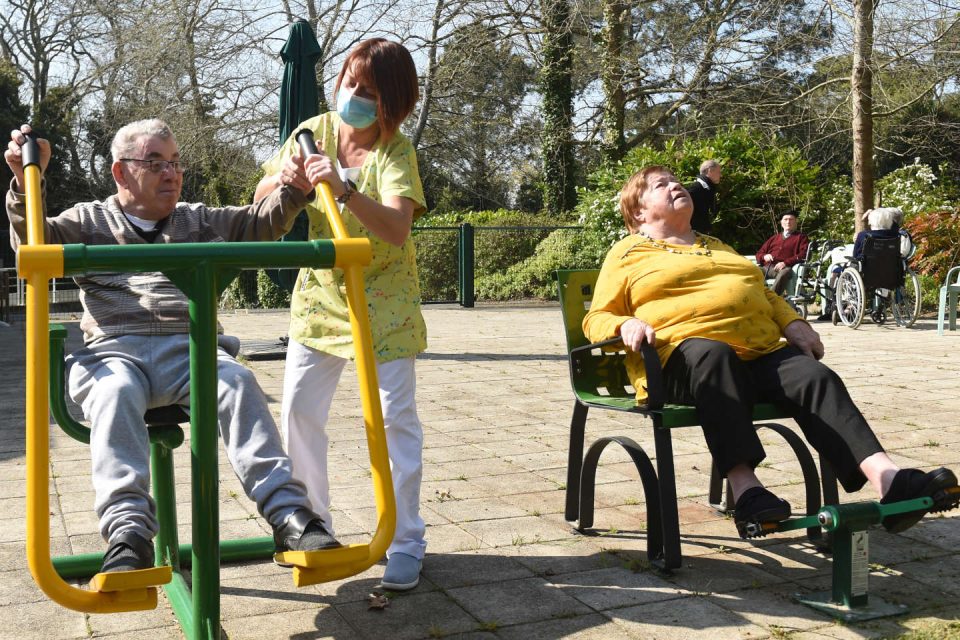
Ten thousand steps and more. Don’t be afraid to exercise regularly. This is the message addressed to people affected by osteoporosis by a group of British experts, stemming from a consensus statement published in the British Journal of Sports Medicine, Monday, May 16, and approved by the Royal Osteoporosis Society. “This is the best way to maximize bone health, avoid the risk of falling, and improve the posture of sufferers”, these experts continue. “This approach is particularly interesting because it involves the various stakeholders with a component based on scientific articles but also field expertise, whether clinical or lived by the patient”, indicates Anne Vuillemin, professor at the University Côte d’Azur, who did not participate in the study.
Osteoporosis is a bone disease characterized by a reduction in bone strength leading to an increased risk of fracture. It increases with age and affects women more. The treatment aims to prevent the occurrence of fractures (femoral neck, vertebrae, wrist …).
“Osteoporosis patients should be encouraged to do more rather than less”, the authors remind, with muscle strengthening exercises two to three days a week and others with moderate impact (jogging, aerobics …) several times a week. And “even a low level of activity should bring some benefits”, indicates the article.
“A great impression of fragility”
The authors distinguish people who have already suffered vertebral fractures, and/or frail or elderly. For these, it is recommended to do low-impact exercises, without exceeding the level of brisk walking, twenty minutes a day. The only prohibited exercise is bending forward to lift a heavy object.
“These recommendations are useful because osteoporosis patients, fractured or not, often have a great impression of fragility, are afraid of falling, getting injured, having back pain, and this fear often leads to a significant reduction in physical activity”, notes Christian Roux, head of the rheumatology department of the Cochin Hospital, who comments on the study. Fractures of the femoral neck often represent a break in life. This article will therefore provide the specialist with help for patients, he who has been spending a lot of time in consultation, for twenty years, telling them that “it’s important not to stand still, that immobilization is a factor of chronicity, etc.”
You have 35.55% of this article left to read. The suite is reserved for subscribers.

